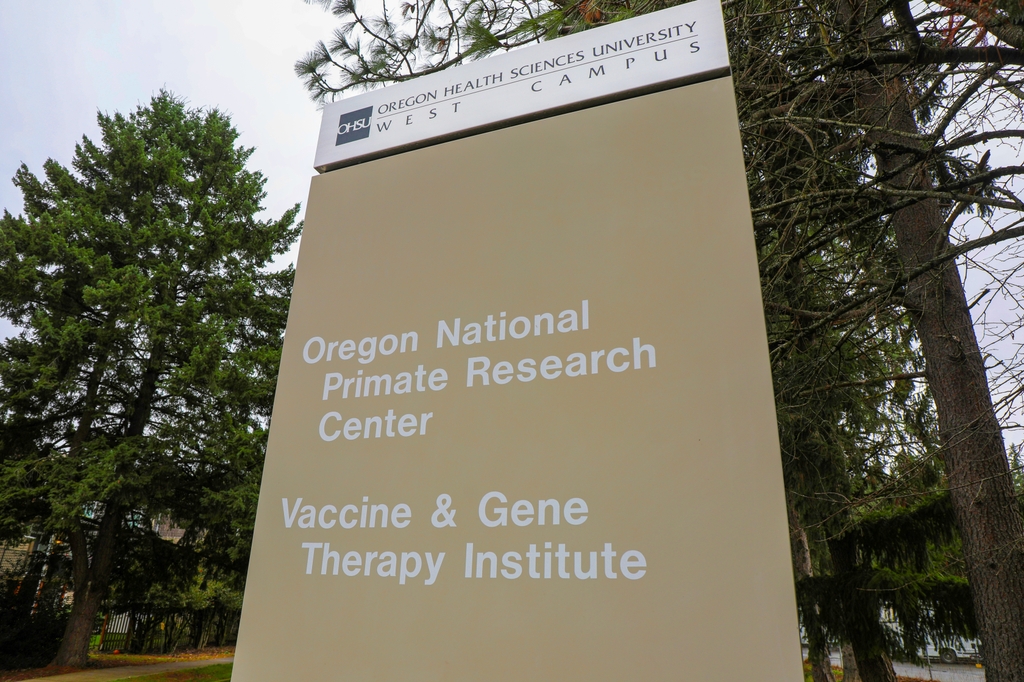
The National Institutes of Health renewed funding for the Oregon National Primate Research Center at Oregon Health & Science University, emphasizing continued support for life-saving medical research.
The ONPRC has been continually funded through five-year grants from the NIH since 1960. Each year, OHSU submits an annual report to the NIH, which then issues a Notice of Award for the following year. The renewal amount for 2026, $13.7 million, was fully funded and received on time.
Find a media kit about the Oregon National Primate Research Center.
Recent campaigns by anti-animal research activists have included misleading and inaccurate statements about the NIH's support of animal research, including research in nonhuman primates.
In fact, the NIH has commissioned two studies to analyze the need for nonhuman primates in research, one in 2018 and another in 2024.
Both studies reached similar conclusions: nonhuman primates are essential to conduct biomedical research and will remain a need for years to come.
Another assessment by the National Academies of Sciences in 2023 confirms the necessity of nonhuman primates in research: "Prohibiting the continued use … or imposing insurmountable barriers to their use could result in significant delays in the discovery and development of effective treatment strategies and interventions for human disease and increase the potential for harm."

"The major scientific bodies are in agreement that nonhuman primates play a critical role in addressing some of the most pressing health issues including diabetes, obesity, neurodegenerative diseases, genetic diseases, infectious diseases and women's health, and ONPRC has focus research programs in all of these areas," said Skip Bohm, D.V.M., director of the ONPRC. "This NIH funding support will allow us to continue our work on groundbreaking discoveries to advance human health."
Research reported in this publication was supported by the Office of the Director, National Institutes of Health under Award Number P51OD011092. The content is solely the responsibility of the authors and does not necessarily represent the official views of the National Institutes of Health.






